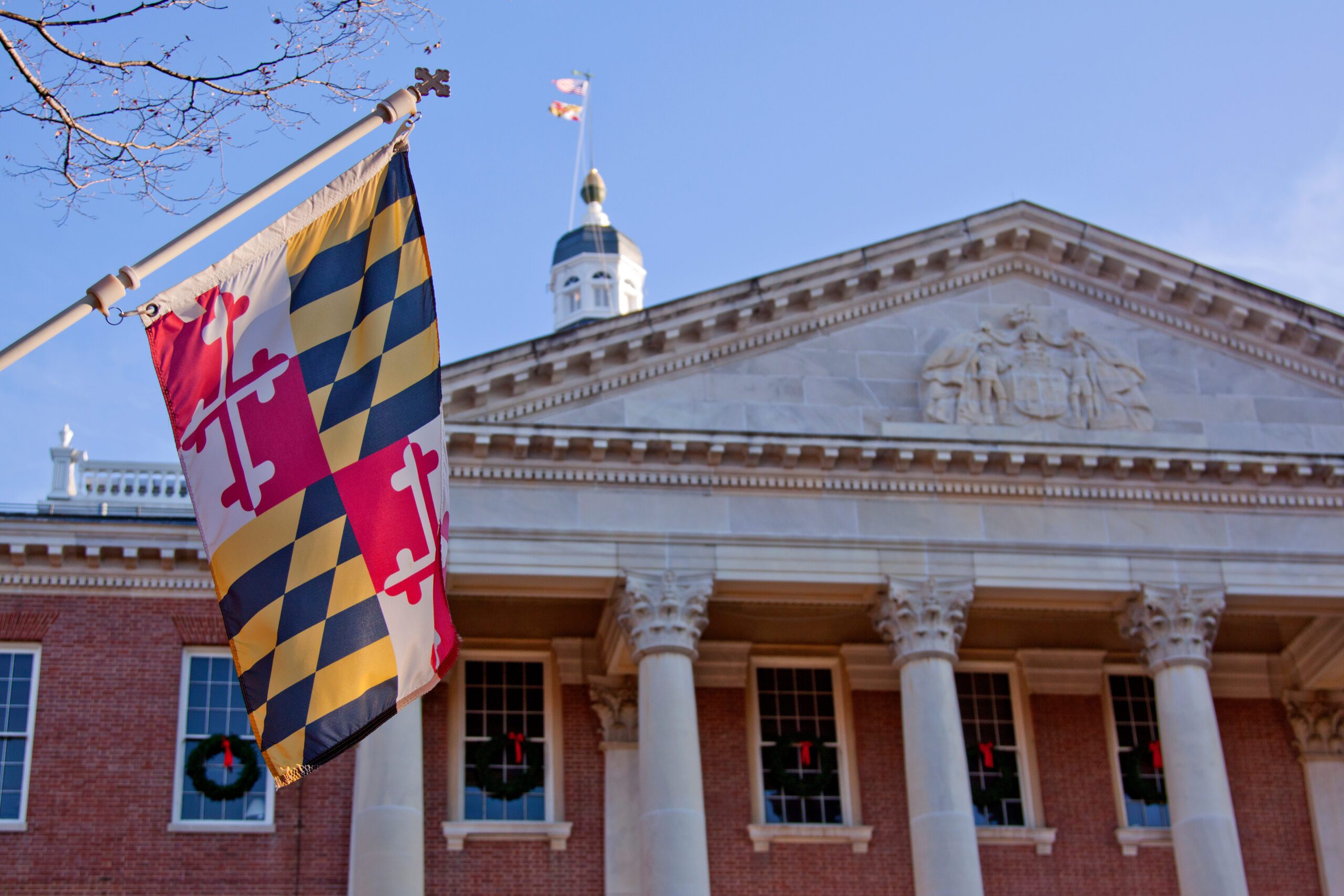Considerations for Navigating Maryland’s Adult-Use Cannabis Market in 2025

Since adult-use sales began in Maryland in July 2023, sales within licensed retail cannabis businesses have increased substantially.
In the first 12 months alone, sales reached $1.1 billion, according to Governor Wes Moore’s office–and are expected to generate more than $100 million in tax revenue in 2025, reported Capital News Service.
According to industry data provider BDSA cited by Benzinga, Maryland became the fastest growing adult-use cannabis market as of October 2024.
For these reasons and more, professionals are keeping a close eye on this market and the opportunity it brings. In this blog, we will explore the key developments and trends shaping the Maryland cannabis industry, including regulatory updates, financial considerations, and future opportunities for cannabis businesses.
Key Regulations Shaping Maryland’s Cannabis Industry
Since the legalization of adult-use cannabis in Maryland, the state’s Cannabis Administration (MCA) has worked to establish a comprehensive regulatory framework. The Maryland market is governed under regulations outlined in COMAR 14.17.01-.22, which guide everything from licensing to testing and sales.
One of the core aspects of Maryland’s cannabis regulations is the Social Equity Program, which provides opportunities for individuals from communities historically impacted by the war on drugs to participate in the cannabis industry. It was the first cannabis-legalized state to open a licensing round exclusively for social equity applicants.
In 2025, the state is expected to allocate $5 million through its Social Equity Partnership Grant Program that aims to foster a more inclusive industry by lowering the barriers to entry for social equity applicants by funding partnerships between established cannabis businesses and new, minority-owned entrants. Draft regulations were released in late December.
Additionally, the Cannabis Workforce Development Program is designed to create job opportunities within the cannabis sector with instructor-led coursework and operational training. This initiative is aimed for individuals who have faced barriers to employment due to previous cannabis-related offenses and strives to further support Maryland’s social equity efforts.
Excise Taxes and Financial Considerations
While Maryland’s cannabis market is projected to grow rapidly, businesses must navigate significant tax considerations. Aside from the excise tax, which currently stands at 9%, the cannabis industry is still subject to federal tax rules, such as IRS Section 280E, which limits the tax deductions businesses can claim for expenses related to cannabis operations.
Section 280E specifically disallows tax deductions for businesses engaged in the trafficking of controlled substances. This means cannabis businesses in Maryland must be diligent in managing their expenses to minimize tax liabilities. (We explain more about this on the CJBS blog.)
In 2025, there may also be further changes to federal tax policy, especially if proposals to amend Section 280E gain traction in Congress. (CJBS Cannabis Practice Leader Matt Bergman, CPA, shares his thoughts on this in a column for the industry trade publication Cannabis and Tech Today.) This potential shift could create new financial opportunities for Maryland cannabis businesses, but it’s important to stay informed and prepared for any changes that may arise. Therefore, operators should partner with an accounting firm that understands the intricacies of cannabis.
Opportunities for Cannabis Businesses in Maryland
In addition to the Social Equity and Workforce Development opportunities outlined above, Maryland’s cannabis market also holds growth potential in the following areas:
- Edibles and Wellness Products – According to cannabis point-of-sale data provider Headset, flower and vape products appear to be the most popular among consumers. This presents an opportunity for non-smokeable categories like edibles, topicals, and even tinctures to take hold amongst a diversified customer base.
- Cannabis Tourism – While cannabis consumption lounges aren’t yet licensed in the state, cannabis-related events, dispensary tours, and even cannabis-infused dining experiences can attract tourists from surrounding states with less-established markets.
- Private Labeling and White-Label Products – White-label and private-label cannabis products can appeal to entrepreneurs who are looking for an asset-light model of venturing into the Maryland cannabis market. Established licensees can diversify their revenue streams by offering manufacturing and branding services for others.
- Cannabis Research and Education – The state has increased funding for public health education by $1.4 million for FY 2025, which may present opportunities for businesses to contribute to educational initiatives and community outreach.
Maryland’s cannabis industry is still in its infancy, but with a growing population and increasing acceptance of cannabis use, it is well-positioned to become one of the leading markets in the United States. Businesses that can effectively navigate the regulatory landscape and embrace innovation will have a competitive edge as the market matures.

